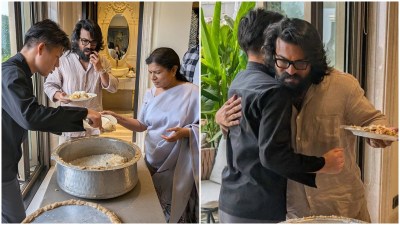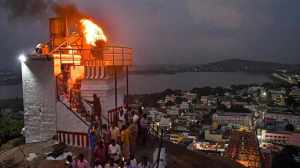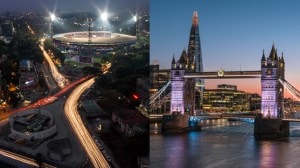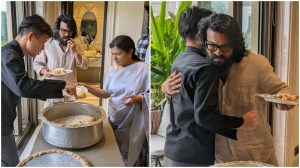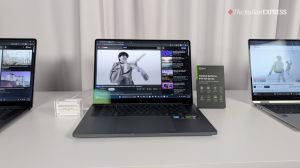Chinas fake shoes so good theyre almost real
A shopkeeper in Italy placed an order with a Chinese sneaker factory in Putian for 3,000 pairs of white Nike Tiempo indoor soccer shoes....
A shopkeeper in Italy placed an order with a Chinese sneaker factory in Putian for 3,000 pairs of white Nike Tiempo indoor soccer shoes. It was early February and the shopkeeper wanted the Tiempos pronto. Neither he nor Lin,the factory manager,were authorised to make Nikes. They would have no blueprints or instructions to follow. But Lin didnt mind. He was used to working from scratch. A week later,Lin,who asked that I only use his first name,received a pair of authentic Tiempos,took them apart,studied their stitching and molding,drew up his own design and oversaw the production of 3,000 Nike clones.
A month later,he shipped the shoes to Italy. Hell order more when theres none left, Lin told me recently,with confidence.
Lin has spent most of his adult life making sneakers,though he only entered the counterfeit business about five years ago. What we make depends on the order, he said. But if someone wants Nikes,well make them Nikes. Putian,a nest for counterfeit-sneaker manufacturing,as one China-based intellectual-property lawyer put it,is in the southeastern Chinese province of Fujian,just across the strait from Taiwan. In the late 1980s,multinational companies from all industries started outsourcing production to factories in the coastal provinces of Fujian,Guangdong and Zhejiang. Industries tended to cluster in specific cities and subregions.
For Putian,it was sneakers. By the mid-1990s,a new brand of factory,specialising in fakes,began copying authentic Nike,Adidas,Puma and Reebok shoes. Counterfeiters played a low-budget game of industrial espionage,bribing employees at the licensed factories to lift samples or copy blueprints. Shoes were even chucked over a factory wall,according to a worker at one of Nikes Putian factories.
Theres no way to get inside anymore, Lin told me,describing the enhanced security measures at the licensed factories: guards,cameras and secondary outer walls. Now we just go to a shop that sells the real shoes,buy a pair from the store and duplicate them. Counterfeits come in varying levels of quality depending on their intended market. Shoes from Putian are designed primarily for export,and in corporate-footwear and intellectual-property-rights circles,Putian has become synonymous with high-end fakes,shoes so sophisticated that it is difficult to distinguish the real ones from the counterfeits.
In the last fiscal year,US Customs and Border Protection seized more than 260 million worth of counterfeit goods. The goods included counterfeit Snuggies,DVDs,brake pads,computer parts and baby formula. But for four years,counterfeit footwear has topped the seizure list of the customs service.
- 01
- 02
- 03
- 04
- 05


